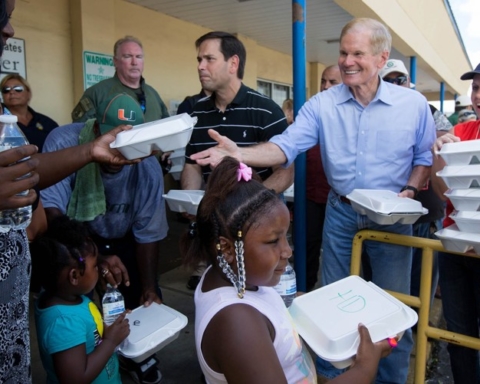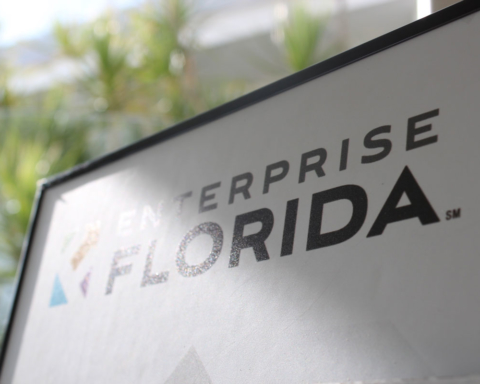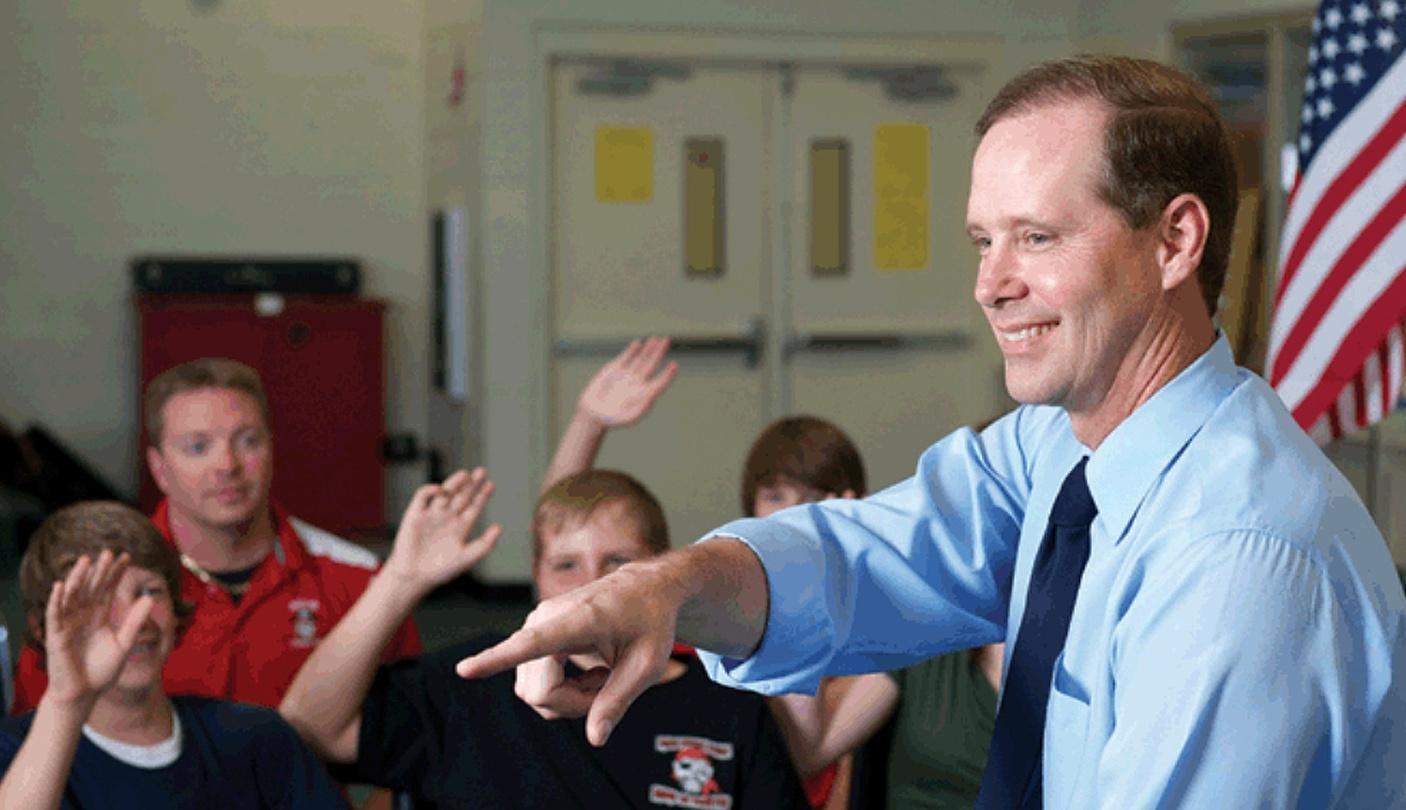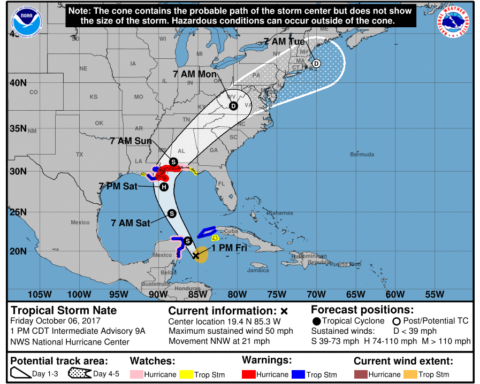The head of an anti-gambling expansion group Tuesday announced a three-front war as lawmakers prepare to consider a sweeping deal with the Seminole Tribe of Florida that he said could “lead to the largest gambling expansion in state history.”
John Sowinski, president of the Orlando-based No Casinos, told reporters he plans a legislative, legal and constitutional charge against measures tucked into the renegotiated Seminole Compact.
The Senate Regulated Industries Committee is scheduled to review the deal in a workshop on Wednesday.
Broadly, it would continue to allow blackjack in tribal casinos in return for a $3 billion cut of the take over seven years.
But it would also let the Seminoles add craps and roulette tables, as well as permit the Legislature to OK slot machines at the Palm Beach Kennel Club and allow blackjack at some South Florida racetracks.
That would mean an onslaught from out-of-state gambling interests, Sowinski said: Florida “is a state that the gambling industry has had its eye on for a very long time.”
First, he plans to oppose the compact at the Wednesday hearing. His organization also plans to file a friend-of-the-court brief in a case before the state Supreme Court over whether certain Florida dog and horse tracks can offer slot machines.
And the “Voters in Charge” citizen initiative committee, which Sowinski chairs, is gathering signatures to get on the 2018 ballot with an amendment that would give voters more control over gambling.
In comments at his Tuesday news conference, Sowinski – who declined a reporter’s request to reveal his funders – said more gambling options would not boost the state’s economy; rather, “it would prey on it.”
He referred to the example of Atlantic City, New Jersey, which has fallen into near-economic ruin despite 40 years of legalized gambling. Several casinos there and nearby retailers have shuttered in recent years.
Despite pledges from lawmakers and casino owners of golden years because of potential gambling revenue, “none of these promises have turned out to be true, none,” Sowinski said.
He also opposes pending legislation that would explicitly legalize fantasy sports play, questioning whether legally that would mean that the Seminoles could then offer it too, and bills that would allow lottery tickets to be sold at gas pumps.
Finally, Sowinski called the pending Supreme Court case “huge” because of the amount of new slots it could potentially allow.
“It could be a paradigm shift for Florida,” he said. “Every pari-mutuel could wind up having slot machines. That’s not what we want.”






